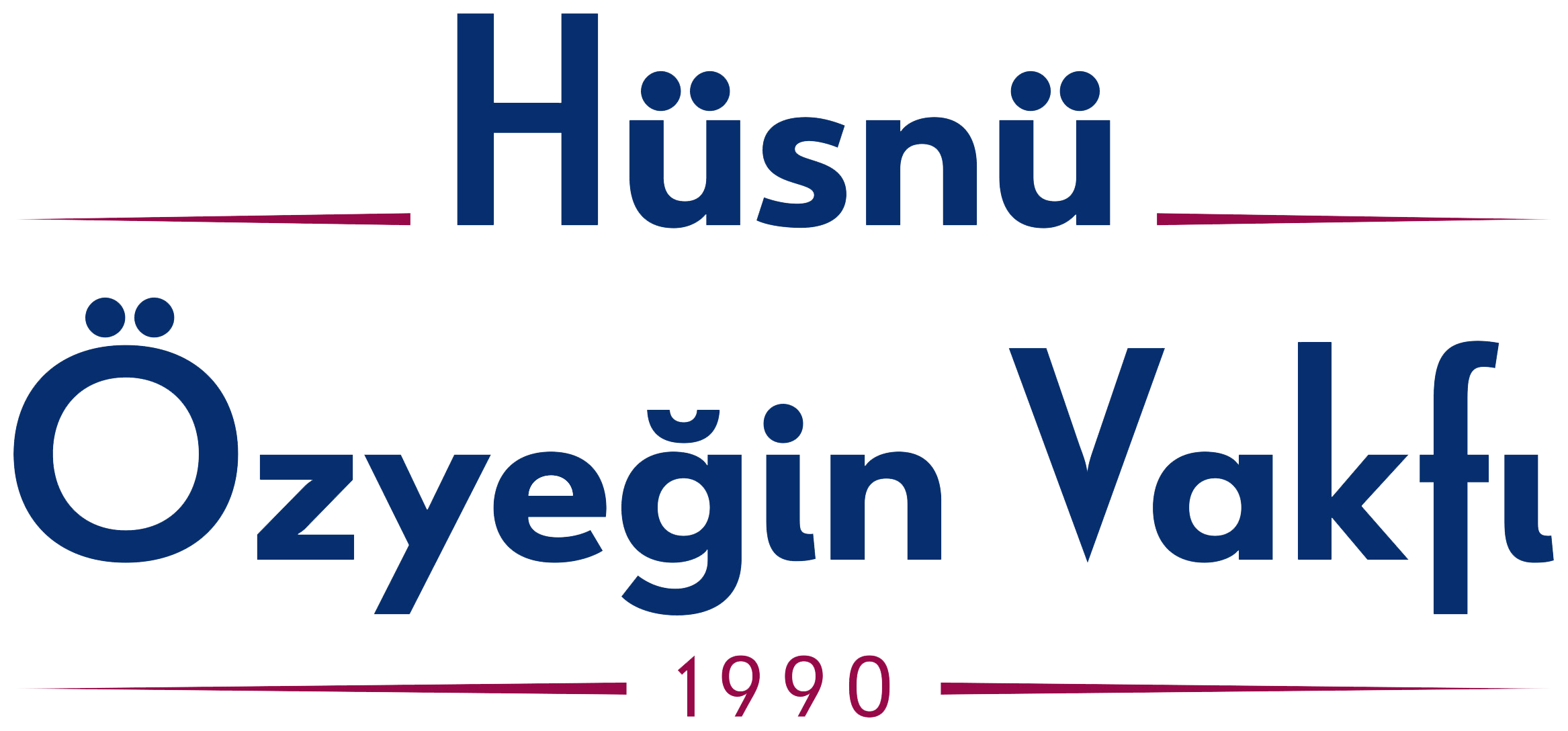Hüsnü M. Özyeğin Vakfı, “kalkınma hakkı temel bir insan hakkıdır” felsefesiyle, kırsal yaşamın tüm ihtiyaç ve potansiyelini kucaklayan bütünsel bir Kırsal Kalkınma Programı yürütmektedir. Program, entegre, insan odaklı, toplumsal cinsiyet eşitliğini gözeten ve yoksuldan yana bir yaklaşımı benimsemiş ve bu yaklaşım programın planlanma safhasından uygulama safhasına kadar her alanına yansıtılmıştır. Tüm program faaliyetleri sahadaki ilgili kurumlar ve köylülerle birlikte planlanmış ve kırsalda kalıcı değişimlerin yaratılabilmesi için insanların ihtiyacı olan bilgi, beceri ve araçları sağlamayı hedeflemiştir.
Hüsnü M. Özyeğin Vakfı, bütüncül kalkınma yaklaşımının izdüşümüne denk düşecek yedi bileşenden oluşan bir kırsal kalkınma programı kurgulamıştır. Program ekonomik ve sosyal refahın artması, çevre, kadının güçlendirilmesi, altyapı, ortaklıklar ve işbirlikleri ile örgütlenme ve sürdürülebilirlik bileşenlerinden oluşan bir stratejiyle oluşturulmuştur. Bu bileşenler aracılığıyla sürdürülebilir yapılar kurarak kırsal politikaların etkilenmesi hedeflenmiştir.
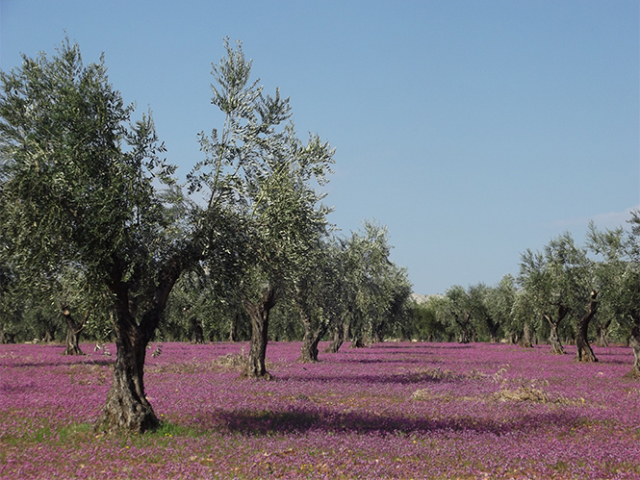

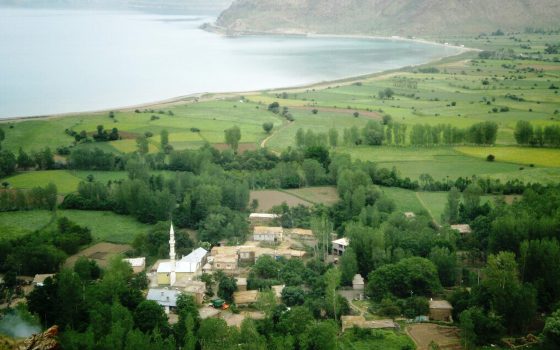
Kavar Havzası Kırsal Kalkınma Projesi
2009 yılında Bitlis’in Tatvan ilçesinin Kavar Havzası olarak nitelendirilen 6 köy ve 5 mezrasından oluşan ve 2.000 kişinin yaşadığı bölgede ilk saha çalışmaları başlatıldı. Hüsnü M. Özyeğin Vakfı 2009-2015 yılları arasında yoğun saha faaliyetleri ile tamamladığı projeye; Kavar Kooperatifi’ne verdiği danışmanlık hizmeti ile desteğini sürdürüyor.
Ravanda Havzası Kırsal Kalkınma Projesi
2012 yılında Kilis’in Polateli ve Musabeyli ilçelerine bağlı 8 köyün kümelendiği ve 2.200 kişinin yaşadığı Ravanda Havzası’nda ikinci kırsal kalkınma programı uygulanmaya başlandı. 2019 yılında tamamlanan Ravanda Kırsal Kalkınma Projesi, kadın odaklı bir kırsal kalkınma deneyimi olarak şekillendi. Hüsnü M. Özyeğin Vakfı, Ravandalı Kadınlar Derneği’ne danışmanlık hizmeti vermeye devam ediyor.
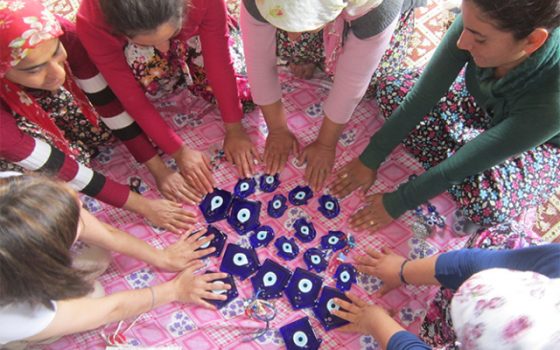
Hüsnü M. Özyeğin Vakfı’nın misyonu, kırsalda yaşayanların güçlendirilmesi sürecine destek olmak için, akademik çalışma ve ortaklıklarla kırsal kalkınma politikalarına yön verecek ve stratejilerine katkı sağlayacak kalkınma modelleri geliştirmektir.
Kavar Havzası Paşaelmalı mezrasında çocuk korosu oluşturuldu. Koro, 26 Ocak 2012’de Özyeğin Üniversitesi’nde Kardeş Türküler ile bir konser verdi.
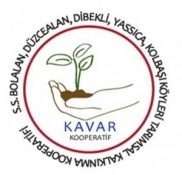
KAVAR TARIMSAL KALKINMA KOOPERATİFİ
Yararlanıcıların projeyi oluşturma ve uygulama süreçlerinde söz sahibi olmaları, projelerin sahiplenilmesi ve sürdürülebilirliğinin tesis edilmesinde de anahtar rol oynamaktadır. Bir dizi eğitim, iyi örneklerin yerinde gözlemlenmesi amacıyla yapılan teknik geziler ve uzmanların yönlendirmesiyle yapılan sayısız tartışma toplantısının ardından 2011 yılında kurulan Kavar Havzası Tarımsal Kalkınma Kooperatifi bu anlayışın hayata geçmiş tipik bir örneğidir.
Kavar Kooperatifi hakkında daha ayrıntılı bilgi için:
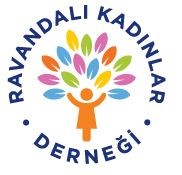
RAVANDALI KADINLAR DERNEĞİ
Hüsnü M. Özyeğin Vakfı, Ravanda Havzası Kırsal Kalkınma Projesi kapsamında 2 yılı aşkın bir süre devam eden kadın örgütlenmesi çalışması sonucunda; Ravandalı kadınlar, köylerinde bir kadın derneği kurmak için bir araya gelmişlerdir. Kadınlara, “Birliktelik neden önemlidir”, “karşılıklı güven ve açıklık”, “katılımcılık”, “örgütlenmede başarı ve başarısızlığın nedenleri” konularında kapasite artırıcı eğitimler verilmiştir. Derneğin kendi internet sitesi üzerinden ürün satışları devam ederken, Good4Trust üzerinden de sipariş almaktadır. Ravandalı Kadınlar Derneği çatısı altında birleşen kadınların dernek çalışmalarını, web sitelerinden takip edilebilirsiniz.
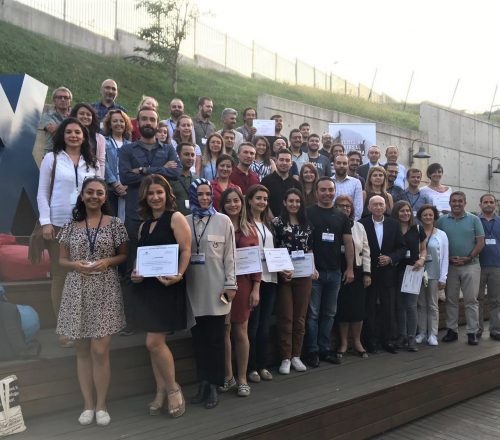
KIRSAL KALKINMA ALANINDA KAPASİTE GELİŞTİRME ÇALIŞMALARI
- Hüsnü M. Özyeğin Vakfı, kırsal ve yerel kalkınma alanında faaliyet gösteren kamu kurumlarının,sivil toplum kuruluşlarının çalışanlarının ve genç akademisyenlerin gelişimlerine katkı sağlamak üzere 2014 yılından bu yana sertifika programları düzenlemektedir.
- “Yerel ve Kırsal Kalkınma Uzmanlık Eğitimi Sertifika Programı” etki değerlendirme raporlarına buradan ulaşabilirsiniz.
- Kavar Havzası Kırsal Kalkınma Projesi’ni yaygınlaştırılması gereken kalkınma modeli olarak öneren bir rapor Doğu Anadolu Kalkınma Ajansı ile birlikte hazırlandı. Kavar Projesi “Reinventing Europe Through Local Initiative” tarafından Avrupa’da 25 yenilikçi yerel kalkınma projesinden biri seçildi.
- Hüsnü M. Özyeğin Vakfı, Avrupa Birliği Katılım Öncesi Yardım Aracı Kırsal Kalkınma Bileşeni – IPARD- İzleme Heyeti üyesidir.
- Dünyanın önde gelen varlık yöneticilerinin oluşturduğu EFSE – Finance in Motion (Almanya) fonuyla, proje köylerinde organizasyon, iyi tarım uygulamaları ve pazarlama eğitimleri düzenlenmiştir.
KIRSAL KALKINMA PROGRAMI ULAŞILAN HEDEFLER

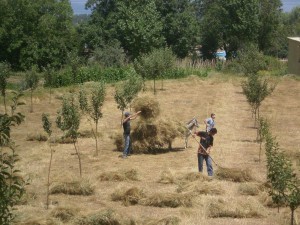
Ekonomik Gelişme
- Havzalarda en az %50 gelir artışı oldu.
- Havzalarda en az bir ürün markalaştı.
- Mevsimlik işçilik azaldı.
- Teknoloji kullanımını arttı.
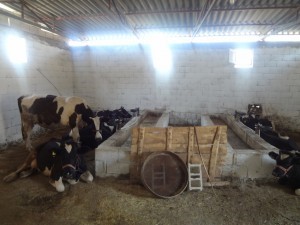
Fiziki Altyapının Güçlendirilmesi
- Sağlıklı kanalizasyon hizmetleri sağlandı.
- Sağlıklı içme suyu hizmetleri sağlandı.
- Köy içi yollar iyileştirildi.
- Sosyal mekanlar oluşturuldu.
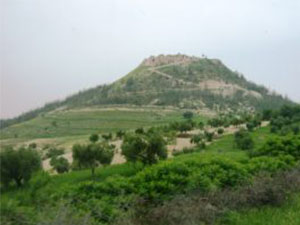
Ekolojik Duyarlılığın Geliştirilmesi
- Bio çeşitliliğin korunması bilinci arttı.
- Mera alanları ekosistemi korundu.
- Geleneksel ve doğal üretim ile ürünler korunarak değerlendi.
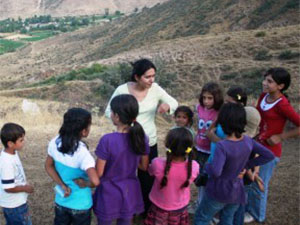
Kırsal Kalkınma Politikalarına Katkı
- Etkili bir ölçme değerlendirme sistemi kuruldu.
- Kamu politikalarının oluşturulmasına ve uluslararası forumlara etkin katılım sağlandı.
- Sivil toplum kuruluşları, kamu kuruluşları ve üniversitelerde tartışma kanalları oluşturuldu.
- Özel sektörün ilgisinin kırsal kalkınma alanına çekilmesi sağlandı.
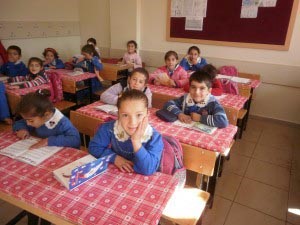
Sosyal Gelişme
- Okur yazarlık oranı arttı.
- Erken çocukluk eğitim hizmetleri arttı.
- İlköğretim tamamlama ve ortaöğretime erişim arttı.
- Temel sağlık hizmetlerine erişim arttı.
- Bulaşıcı hastalıklar azaldı.
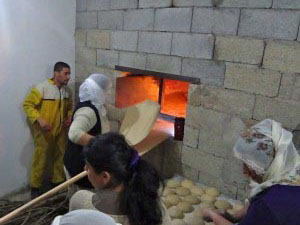
Kadının Güçlenmesi
- Hamilelik süresince doktora gitme ve doğumu hastanede yapma oranında artış sağlandı.
- Aşı karnesi kullanımında artış sağlandı.
- Doğurganlığın düzenlenmesinde modern yöntem kullanımında artış sağlandı.
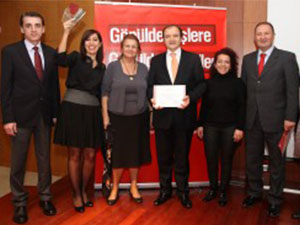
Çok Ortaklı İşbirliklerinin Gelişmesi
- Proje bütçesinin en az iki katı kamu yatırımının ve dış fonun havzaya getirilmesi sağlandı.
- Kamu-yerel ilişkisinin gelişmesi ve birlikte çalışma alışkanlığının artması sağlandı.
